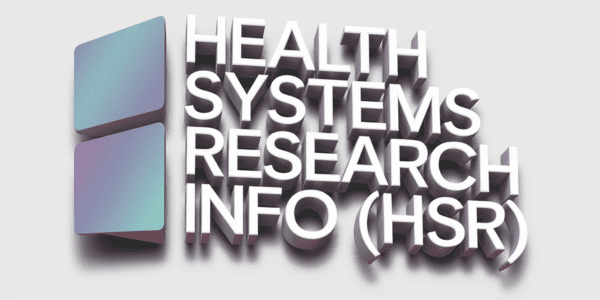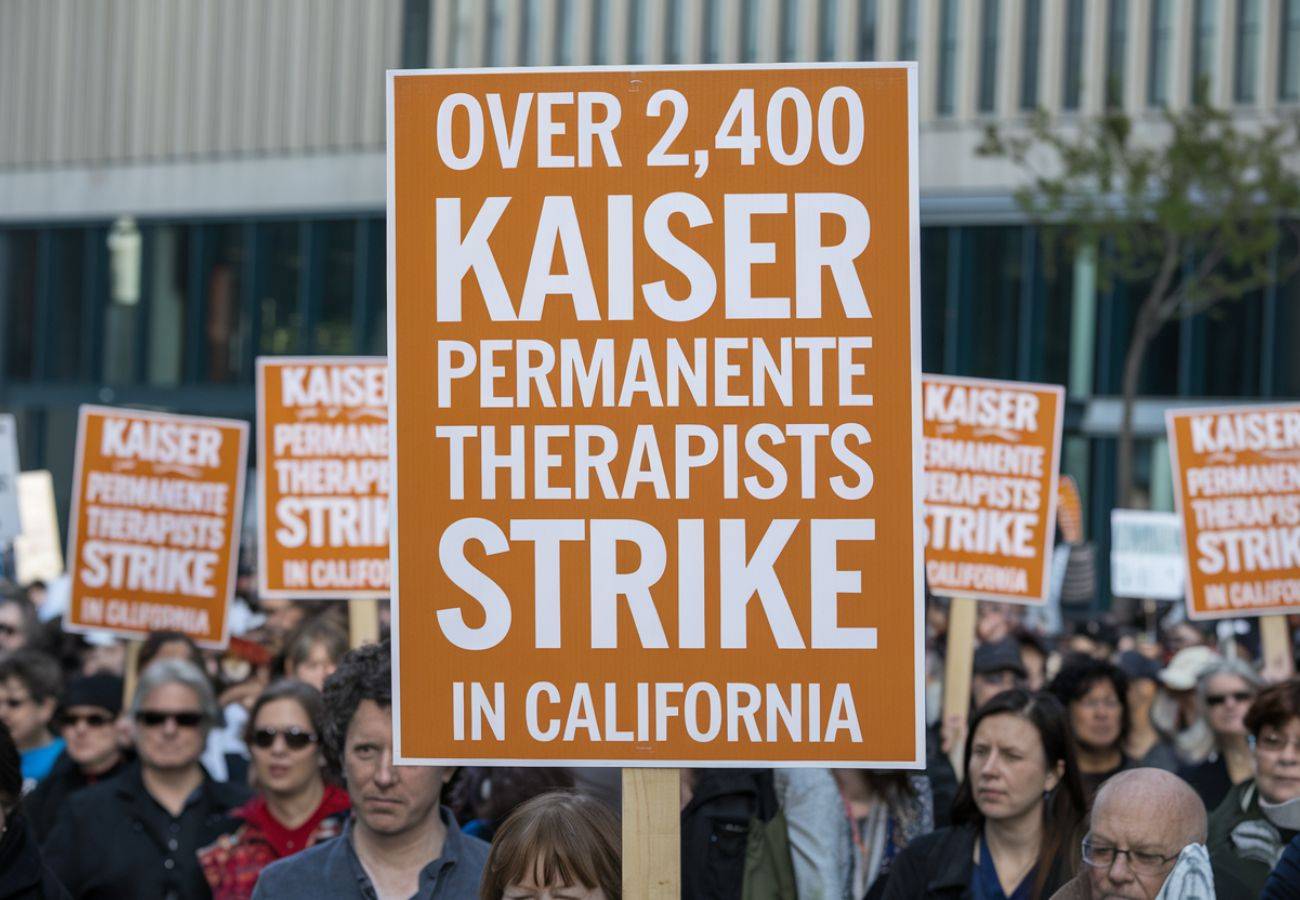Mental health care in Southern California faces a critical turning point. Kaiser faces a major crisis. Mental health workers walk off jobs.
Over 2,400 therapists demand change now. The strike began on October 21 in Southern California. The strike marks the largest mental health worker protest in U.S. healthcare history.
Workers say patients need more care time. Therapists can’t keep up with demand. Each therapist serves three thousand Kaiser members. This number is too high.
The National Union of Healthcare Workers (NUHW) initiated the strike after their contract expired. Workers report seeing patients back-to-back with minimal breaks. They say this schedule prevents quality care delivery.
“We’re fighting for our patients’ right to timely, adequate mental health care,” says Dr. Sarah Chen, lead NUHW negotiator.
“One therapist per 3,000 patients isn’t just unsustainable – it’s dangerous.”
Recent data reveals alarming disparities in Kaiser’s mental health coverage. Southern California staffing ratios lag significantly behind Northern California. The region provides only one therapist per 3,000 members, while Northern California maintains one per 2,000.
Kaiser’s track record raises serious concerns. California regulators fined the healthcare giant $50 million last year for excessive therapy wait times. This penalty highlighted ongoing issues with behavioral health provider shortages.
The striking workers demand concrete changes. They seek seven hours weekly for patient care planning, up from Kaiser’s current four-hour allowance. Additionally, they request improved wages to attract and retain qualified professionals.
“We’re seeing unprecedented burnout among our staff,” reports Michael Torres, a clinical psychologist with 15 years at Kaiser. “Many therapists leave for private practice, where they can provide the care patients deserve.“
Kaiser officials defend their position. They offer an 18% wage increase over four years plus enhanced benefits. The company claims they actively recruit new mental health professionals.
Patients feel the impact most severely. Sarah Martinez, whose teenage daughter receives therapy at Kaiser, shares her experience.
“We waited three months for an appointment. Now with the strike, we don’t know when she’ll see her therapist again.”
Mental health experts warn of broader implications. Dr. James Wilson from UCLA’s Department of Psychiatry states,
“This strike reflects a national crisis in mental health care access and quality.”
Current trends suggest growing demand for mental health services. Industry analysts predict a 20% increase in therapy needs by 2025. Kaiser’s staffing challenges mirror nationwide shortages in mental health professionals.
The strike continues with no clear end in sight. Both sides remain far apart on key issues. Patient advocates urge swift resolution to prevent care disruptions.
Related Links:
- American Psychiatric Association Resources: www.psychiatry.org/patients-families
- National Institute of Mental Health Statistics: www.nimh.nih.gov/health/statistics
This article presents the complex challenges facing mental health care providers and patients. The outcome of this strike could reshape mental health service delivery across America.

